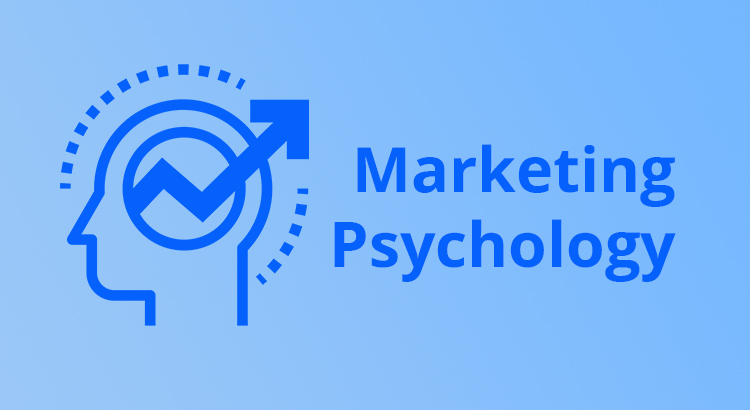Utilizing principles from psychology, marketers can develop strategies that resonate with their target audience, influencing their purchasing decisions and driving brand loyalty. This article explores 10 powerful marketing psychology principles and tricks that can elevate your marketing efforts to new heights.
What Is Marketing Psychology?
Marketing psychology delves into the realm of human behavior and cognition, aiming to comprehend the underlying factors that drive consumer actions.
Businesses gain insights into consumer motivations and preferences by applying psychological principles to marketing strategies, enabling them to tailor their approaches effectively.
Marketing Psychology Tricks
Here are the marketing psychology principles and tricks to use them in your marketing campaign.
1. Priming
Priming involves influencing consumer perception by exposing them to specific stimuli beforehand.
By strategically presenting favorable sensory cues, such as appealing visuals or sounds, marketers can shape consumers’ subsequent perceptions and decision-making processes, nudging them towards a positive disposition towards the product or service.
2. Reciprocity
The principle of reciprocity taps into the innate human desire to return favors.
By offering customers small tokens or gestures of goodwill, such as free samples or personalized notes, marketers can foster a sense of obligation, increasing the likelihood of reciprocation through purchases or brand loyalty.
3. Social Proof
Social proof capitalizes on the influence of peer recommendations and social validation.
By showcasing positive reviews, testimonials, or user-generated content, marketers can instill confidence and trust in their brand, prompting hesitant consumers to follow suit and make purchases.
4. Decoy Effect
The decoy effect exploits consumers’ tendency to compare options when making purchasing decisions.
By strategically introducing a decoy option that enhances the perceived value of a target product, marketers can influence consumer choices, steering them towards the desired option and increasing sales.
5. Scarcity
Scarcity exploits the fear of missing out to stimulate demand for products or services.
By highlighting limited availability or exclusive offers, marketers can create a sense of urgency and compel consumers to act swiftly, lest they lose out on coveted opportunities.
6. Anchoring
Anchoring exploits individuals’ tendency to rely heavily on the first piece of information encountered when making judgments or decisions.
Marketers can use this cognitive bias to their advantage by showcasing higher-priced items before offering discounts, anchoring consumers’ perceptions of value and making the discounted price appear more enticing.
7. The Baader-Meinhof Phenomenon
The Baader-Meinhof phenomenon, also known as the frequency illusion, underscores the power of repeated exposure in shaping perceptions.
Marketers can capitalize on this phenomenon by strategically retargeting consumers with relevant messaging across multiple touchpoints, reinforcing brand awareness and fostering conversion.
8. Verbatim Effect
The verbatim effect underscores the importance of presenting information in a concise and easily digestible format.
Marketers can enhance message retention and comprehension by structuring content for skim-readability, ensuring that key information is promptly conveyed and remembered by consumers.
9. Clustering
Clustering involves organizing information into digestible chunks to facilitate memory retention.
Marketers can optimize their messaging by grouping key product attributes or benefits, making it easier for consumers to absorb and recall essential information, thereby increasing the likelihood of conversion.
10. Loss Aversion
Loss aversion capitalizes on individuals’ reluctance to part with something they already possess.
Marketers can leverage this psychological phenomenon by offering trial periods or product samples, allowing consumers to experience the benefits firsthand and increasing the likelihood of subsequent purchases to avoid losing those benefits.
Summary of Marketing Psychology
Marketing psychology offers invaluable insights into understanding consumer behavior and shaping effective marketing strategies. By employing these tactics, businesses can effectively engage their audience and foster long-term brand loyalty.
Frequently Asked Questions
How Is Psychology Used in Marketing?
Psychology is utilized in marketing to understand consumer behavior, influence perceptions, and drive purchasing decisions. By applying psychological principles, marketers can create compelling campaigns that resonate with their target audience, ultimately driving business success.


